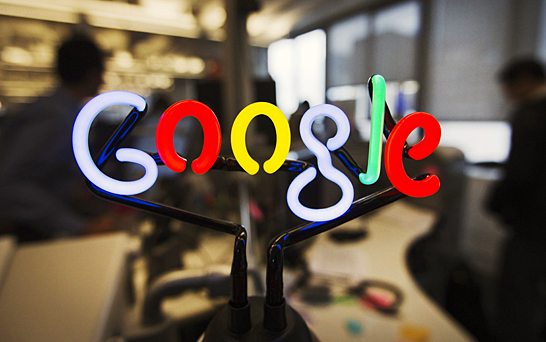The American company has been lambasted in recent months after it emerged that it paid just £6m corporation tax in Britain last year, despite making $4.1bn in revenues in the country, and avoided $2bn tax worldwide. It also faces charges of unfairly skewing search results to boost its own services above those of rivals, and of failing to take tough enough action with websites that promote illegal content.
Sarah Hunter, who was Tony Blair’s senior policy adviser before she joined the web search giant, used a wide-ranging meeting with the Culture, Media and Sport Select Committee on Tuesday to insist that Google has been unfairly maligned. “I genuinely think we make a substantive contribution…We obey by all the laws in the country and other countries we operate in,” she said.
“It’s not the case that we’re the bogeyman [of the internet]. On the one hand we are seen as disruptive. On the other hand we are making [other companies] money.”
However, her conciliatory remarks were not enough to pacify MPs, who described Google as “public enemy number one”. Jim Sheridan, Labour MP for Paisley and Renfrewshire North, said the firm’s “arrogance” called to mind the attitude of News International, Rupert Murdoch’s British newspaper business, when it faced allegations of phone hacking and police bribery by its journalists.
“There’s a touch of deja vu in this committee room…I can see that [a downfall like the one that has befallen NI] coming along the road if you don’t change your ways,” he said.
Mr Sheridan later told The Telegraph that Google’s stance on tax avoidance had angered “honest, decent tax payers”. “It reflects how NI was behaving on the phone hacking. It’s just arrogance. They [Google and NI] are far too influential and powerful these days.” Google’s chairman, Eric Schmidt, inflamed the tax controversy last week by claiming that the company’s aggressive tax avoidance was “called capitalism” and that he was very proud of Google’s complicated tax structures.
Ms Hunter repeatedly told MPs it was “way above my pay grade” to comment on Mr Schmidt’s remarks, and pointed out that NI has been accused of illegal activity, unlike Google.
The former special adviser argued that the company is investing considerable amounts of money in combating piracy, and that it has tweaked its algorithms – the computer codes that determine search results – to ensure that websites linking to pirated content appear further down Google’s search rankings than in the past. However, she said Google would not block the worst offending sites on account of the small percentage of content makers who use them legitimately, to get their films or music to as wide an audience as possible.
Her comments came as European regulators were locked in crunch talks with Google, over allegations that it manipulates search results to unfairly promote Google services.
Brussels Competition commissioner Joaquin Almunia said on Tuesday evening he had “substantially reduced” his differences with Mr Schmidt and would attempt to reach an agreement with Google rather than pursuing a full-blown anti-monopoly lawsuit. American regulators are also expected to climb down over the issue.
European regulators also pose a threat to Facebook. The social network on Tuesday urged British MPs to help it battle against the prospect of more red tape around the way it is allowed to use consumer data.
UK policy chief Simon Milner said Facebook had helped small businesses create 18,500 jobs in Britain and that it could make even more of a contribution to the UK economy if the government helped it fend off tighter regulation that could, for example, oblige every company to have a specialist data protection officer or to notify consumers every time they put their information to a different use.
“Let’s make sure the rules around data are not too restrictive…We are not suggesting that they should be loosened but as it is modernised for the new age, we just want to get the balance right,” he said. “If you apply overly restrictive requirements, for instance saying every time you want to use [consumer] for another thing, you must get explicit consent.”
On Tuesday it emerged that Facebook has changed the rules of Instagram, the photo-sharing network it acquired for $1bn earlier this year, giving it the right to sell users’ photographs to advertisers without notification.


